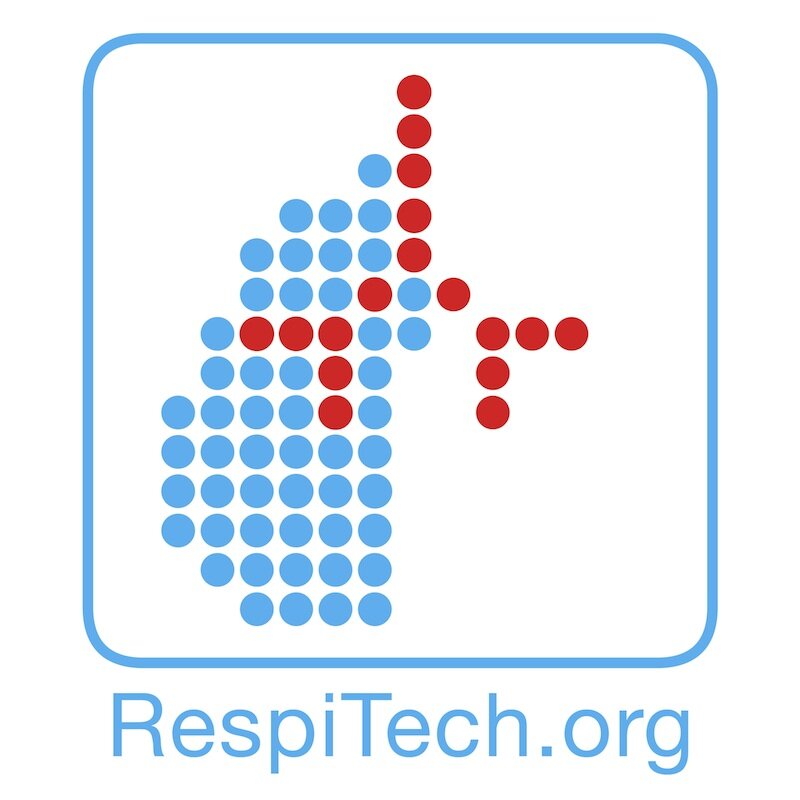Novel nano-cellulose excipient for generating non- Newtonian droplets for targeted nasal drug delivery.
Purpose: Thickening polymers have been used as excipients in nasal formulations to avoid nasal run-off (nasal drip) post administration. However, increasing the viscosity of the formulation can have a negative impact on the quality of the aerosols generated. Therefore, the study aims to investigate the use of a novel smart nano-cellulose excipient to generate suitable droplets for nasal drug delivery that simultaneously has only marginally increased viscosity while still reducing nasal drips.
Methods: Nasal sprays containing the nano-cellulose at different concentrations were investigated for the additive’s potential as an excipient. The formulations were characterised for their rheological and aerosol properties. This was then compared to the conventional nasal spray formulation containing the single-component hydroxyl-propyl cellulose (HPMC) viscosity enhancing excipient.
Results: The HPMC-containing nasal formulations behave in a Newtonian manner while the nano-cellulose formulations have a yield stress and shear-thinning properties. At higher excipient concentrations and shear rates, the nano-cellulose solutions have significantly lower viscosities compared to the HPMC solution, resulting in improved droplet formation when actuated through conventional nasal spray.
Conclusions: Nano-cellulose materials could potentially be used as a suitable excipient for nasal drug delivery, producing consistent aerosol droplet size and enhanced residence time within the nasal cavity with reduced run-offs compared to conventional polymer thickeners.
